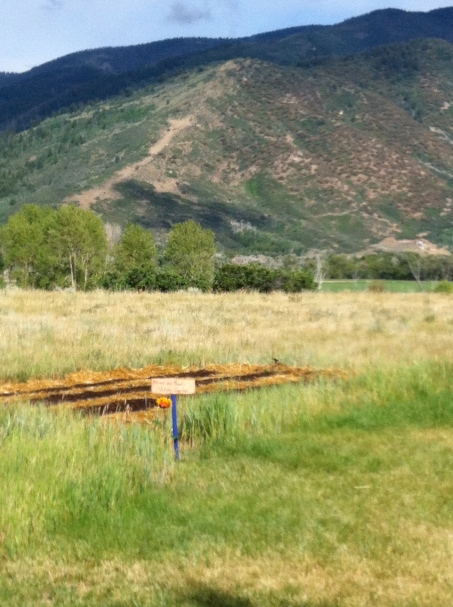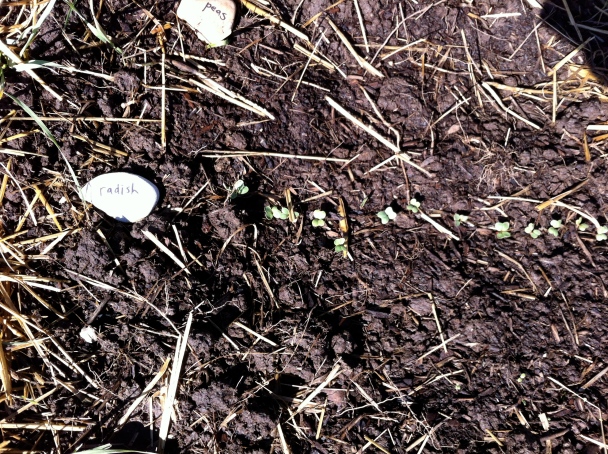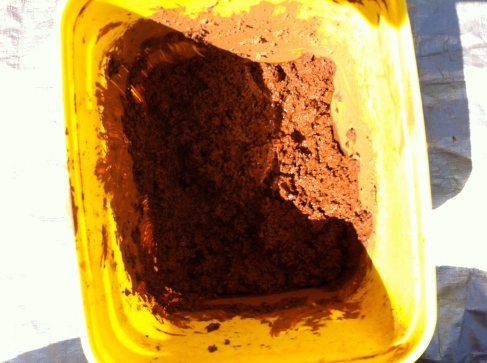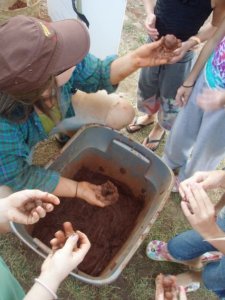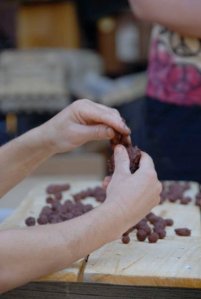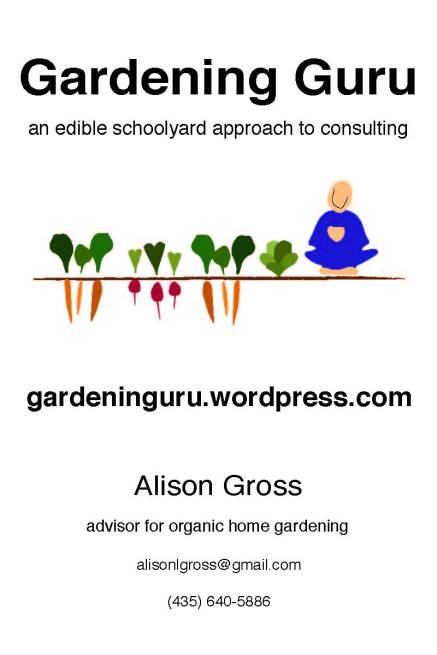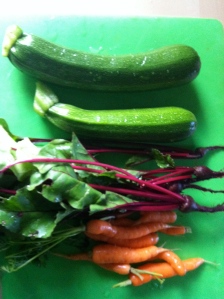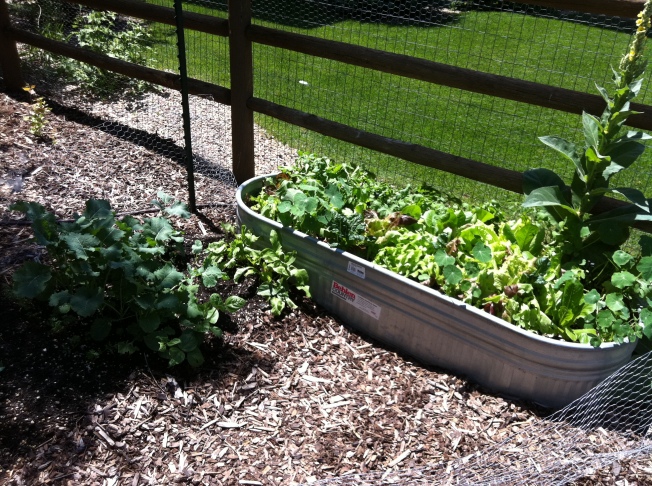It was the first week of July when I started to plan the garden. I was considering planting a cover crop, annuals, or just covering the beds with straw for the first year to help with the contents of nutrients in the soil. I also was concerned that it was too late to plant. I spoke with many master gardeners, and was surprised that some recommended that I plant now because “seeds are cheap” others said “the weather this year is so hot and windy, and don’t think that the seeds had the proper conditions to germinate.”
I had some seeds, so I planted seeds.
I am so glad I did!
I was conscious to plant only seeds of vegetables that were frost tolerant and take a short period of time to grow.
It has been about 7 days after planting:
.
.
.
Seeds are inexpensive and if you have some bare soil, consider planting organic open pollinated – heirloom seeds. If you decide to leave your soil unplanted, consider covering it with an annual that will just grow for the remainder of the season, or putting mulch,straw, or a cover crop on top of the garden bed.




